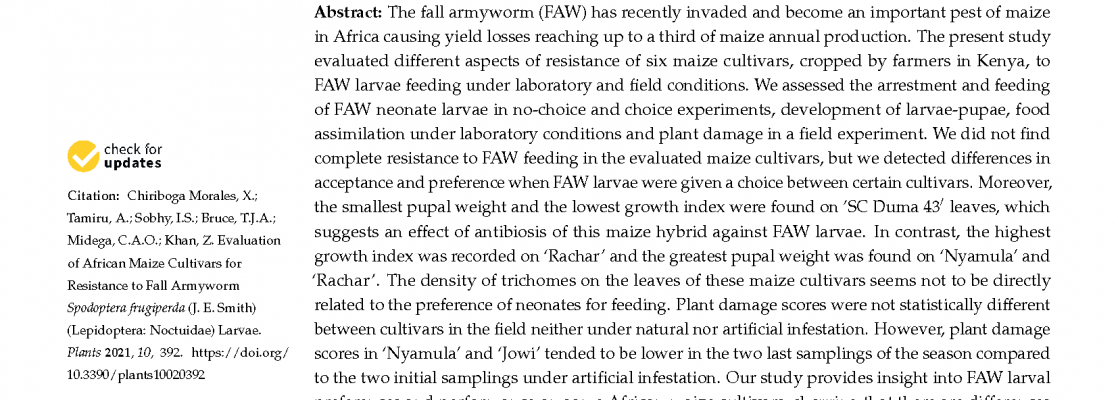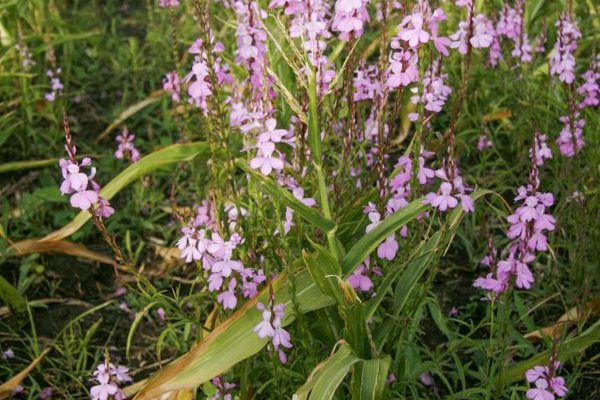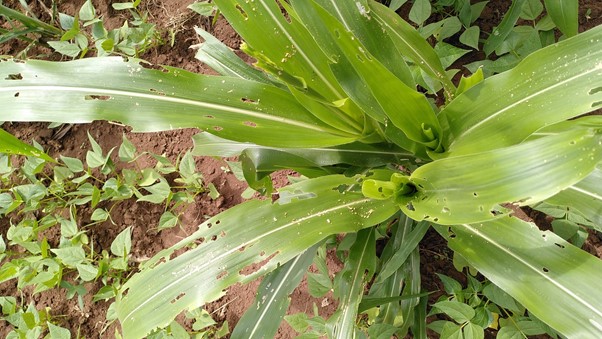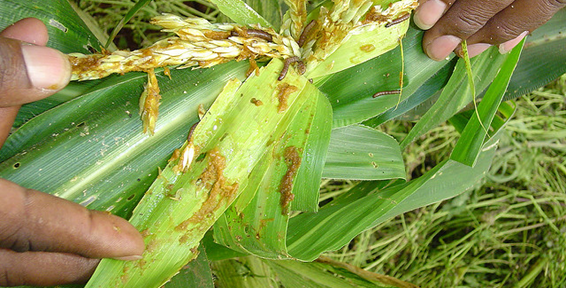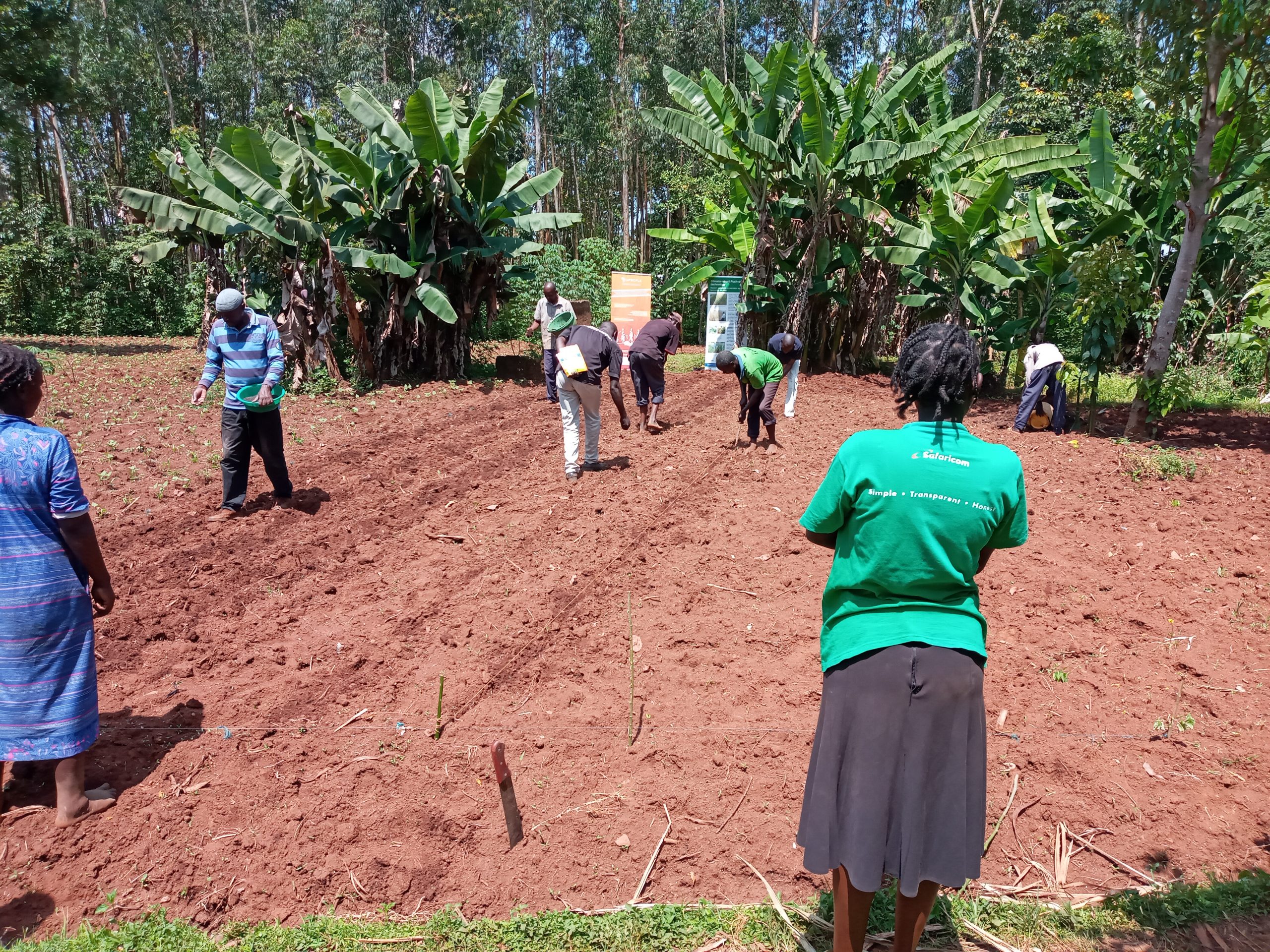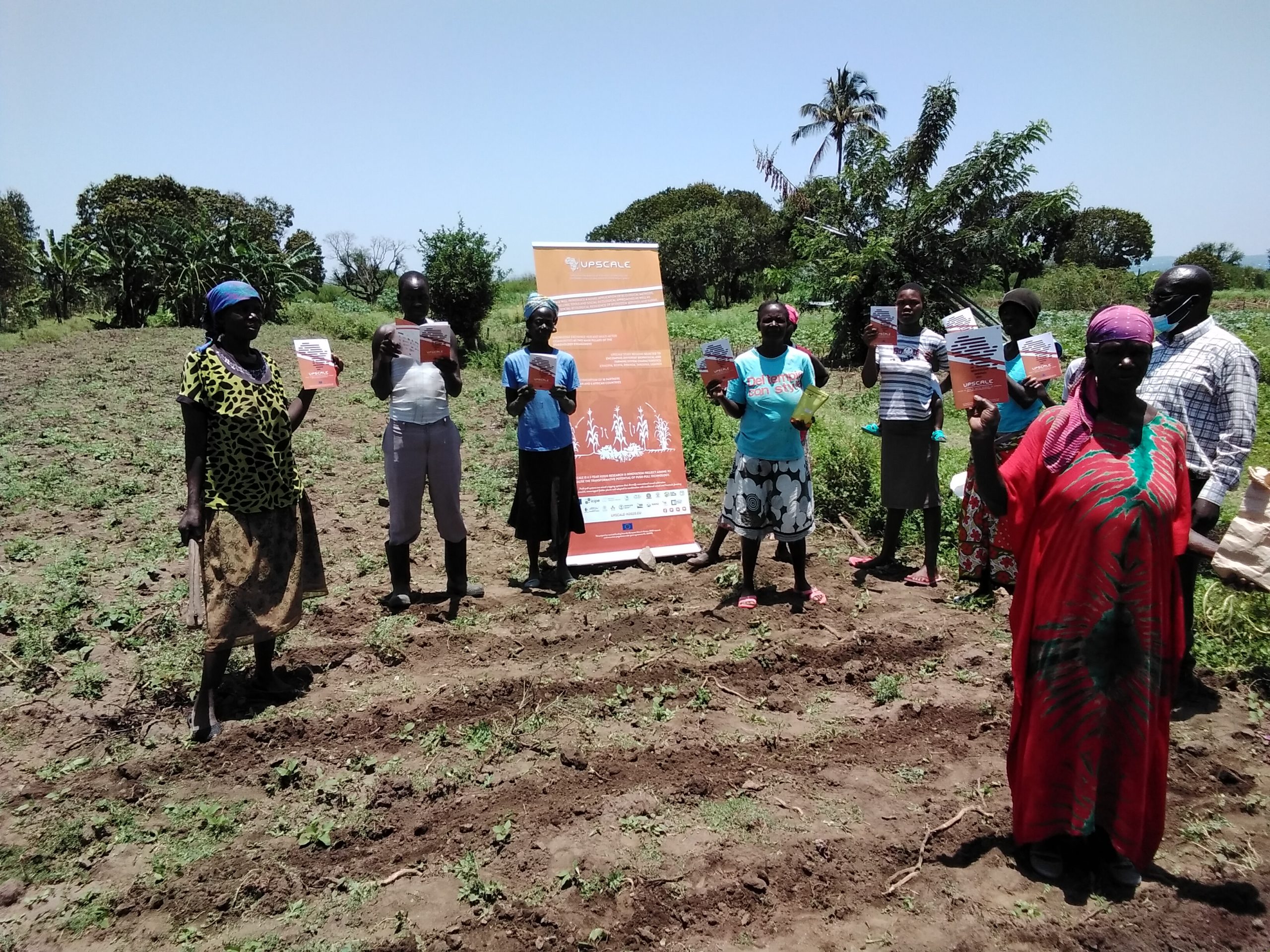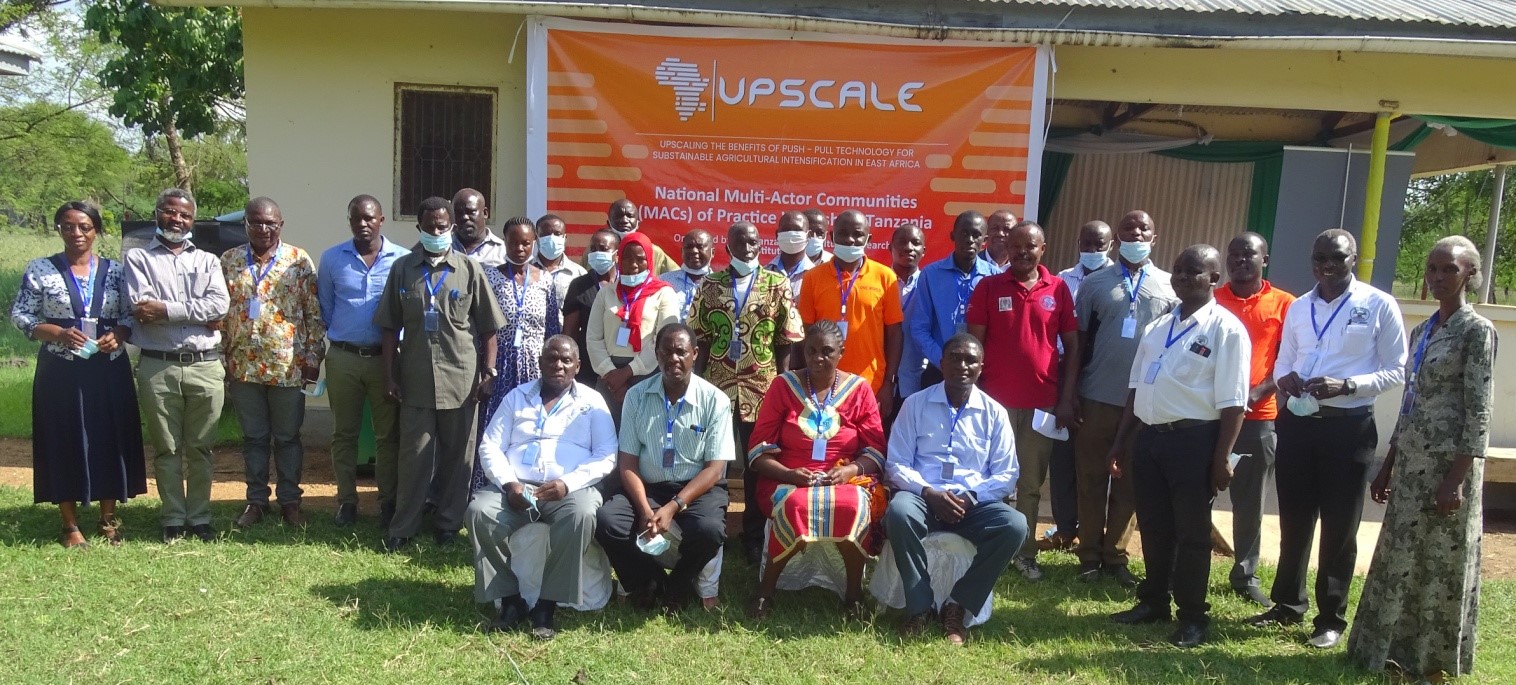The fall armyworm (FAW) (Spodoptera frugiperda J.E. Smith) is a major cereal pest threatening food security in Africa. African smallholder farmers apply various indigenous pest management practices, including rabbit urine; however, there is no scientific evidence for its efficacy.


